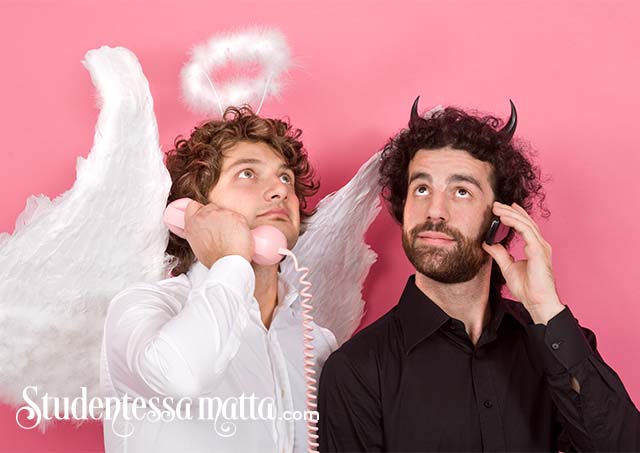
Espressioni italiane: dall’inferno al cielo.
From Paradise to Hell: Italian Expressions Between Heaven and Hell
Dall’inferno al cielo — espressioni divertenti
From Hell to Heaven — Funny Italian Expressions
Gli italiani hanno un vero tesoro di modi di dire ed espressioni argute che coinvolgono Dio e il Diavolo, usati per esprimersi in modi sia angelici che diabolici.
Italians have a treasure trove of idioms and witty expressions involving God and the Devil, used to articulate themselves in both saintly and devilish ways.
Modi di dire o barzellette?
Idioms or Jokes?
Ma conosci la differenza tra un “modi di dire” e una “barzelletta”?
But do you know the difference between a “modi di dire” and a “barzelletta”?
Un “modi di dire” è un’espressione idiomatica, un proverbio o un modo di dire colorito che trasmette un’idea in modo creativo.
A “modi di dire” is an idiom, proverb, or colorful saying that conveys an idea in a creative way.
Una “barzelletta,” invece, è una battuta intelligente o uno scherzo umoristico.
A “barzelletta,” on the other hand, is a clever joke or a humorous quip.
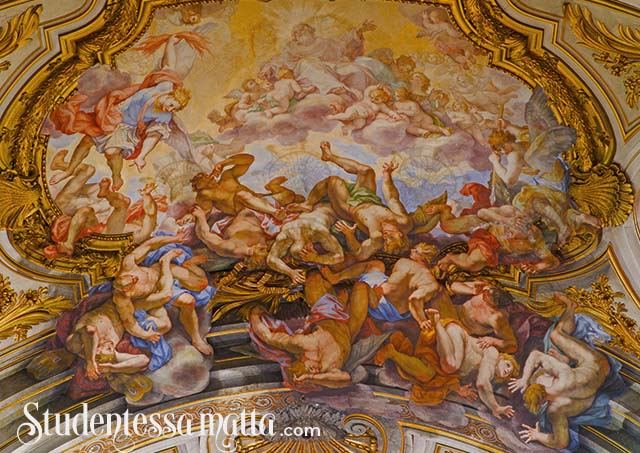
Paradiso o Inferno: Un esempio di barzelletta
Heaven or Hell: An Example of a Joke
l paradiso è un posto dove: i meccanici sono tedeschi, la polizia è inglese, gli amanti sono francesi, i cuochi sono italiani e tutto è organizzato dagli svizzeri.
Heaven is a place where: the mechanics are German, the police are British, the lovers are French, the chefs are Italian, and everything is organized by the Swiss.
L’inferno, invece, è un posto dove: i meccanici sono francesi, la polizia è tedesca, gli amanti sono svizzeri, i cuochi sono inglesi e tutto è organizzato dagli italiani.
Hell, however, is a place where: the mechanics are French, the police are German, the lovers are Swiss, the chefs are British, and everything is organized by the Italians.
15 Modi di dire: Dall’inferno al paradiso
15 Idioms: From Hell to Heaven
Ecco 15 modi di dire che traggono ispirazione dagli abissi infernali e dalle altezze celestiali. Riuscirai a capirne il significato?
Here are 15 idioms that take inspiration from the infernal depths of hell and the celestial heights of heaven. Can you figure out their meanings?
Il diavolo fa le pentole, ma non i coperchi.
The devil makes pots, but not the lids.
This means that evil deeds or schemes are often exposed in the end because the “lid” to conceal them is missing.
Essere un povero diavolo.
To be a poor devil.
This describes someone who is down on their luck or in unfortunate circumstances, often evoking pity.
Fare diavolo a quattro.
To quadruple the devil.
This means to make a huge fuss, create chaos, or act in an unruly way.
Quel ragazzo è un diavolo scatenato.
That guy is a raging devil.
Refers to someone who is wild, uncontrollable, or extremely energetic.
Come Dio comanda.
As God commands it.
Indicates doing something properly, as it should be done, or in a way that meets high standards.
Mandare qualcuno al diavolo.
As God commands it.
Indicates doing something properly, as it should be done, or in a way that meets high standards.
Avere un diavolo per capello.
Having the devil for hair.
Describes someone who is extremely angry or irritable, as if their hair is possessed by the devil.
Che Dio ce la mandi buona.
God help us all.
This is an expression of hope or a plea for a favorable outcome in uncertain situations.
Avere il diavolo in corpo.
Having the devil in your body.
Describes someone who is restless, hyperactive, or has uncontrollable energy.
Il diavolo ci ha messo la coda.
The devil put his tail in it.
This means that the situation has been complicated by some unforeseen or malicious interference.
Che diavolo fai?
What the devil are you doing?
A colloquial way of expressing surprise or disapproval about someone’s actions.
Essere come il diavolo e l’acqua santa.
To be like the devil and holy water.
Describes two people or things completely incompatible or in conflict.
Dio vede e provvede.
God sees and provides.
This expresses faith in divine providence trusting God will take care of things.
L’uomo propone e Dio dispone.
Man proposes and God disposes.
Indicates that human plans are ultimately subject to God’s will or fate.
Il diavolo non è brutto come si dipinge.
The devil is not as ugly as he paints himself.
Suggests something or someone fearedmay not be as bad as they seem.
Vuoi divertirti un po’ di più con la lingua italiana?
Dai un’occhiata a questi articoli per farti una risata!
Looking to have some more fun with the Italian language?
Check out these posts for a laugh!
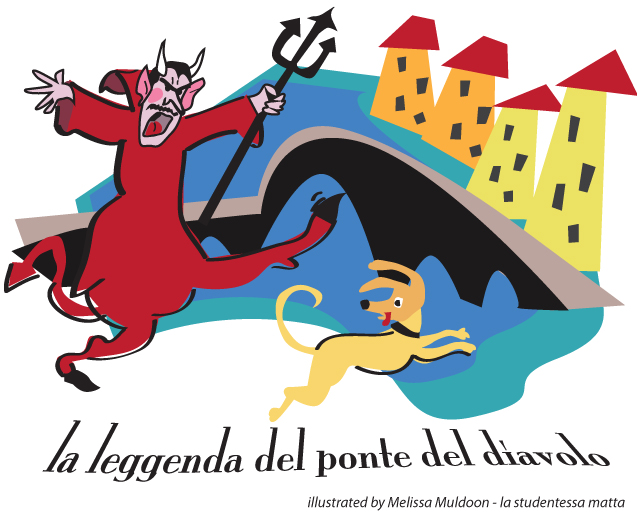
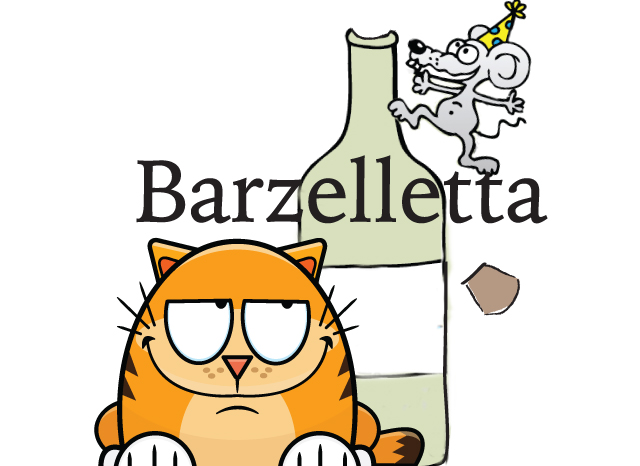
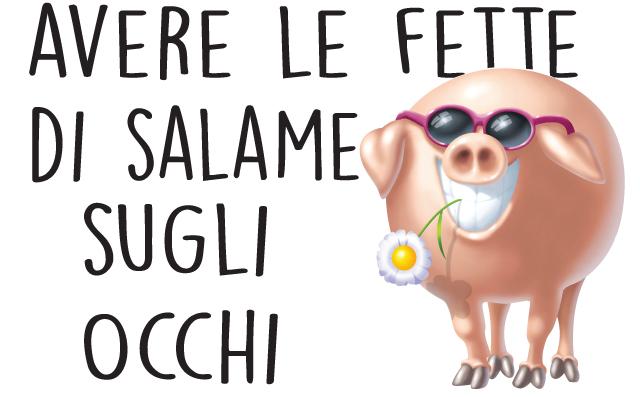
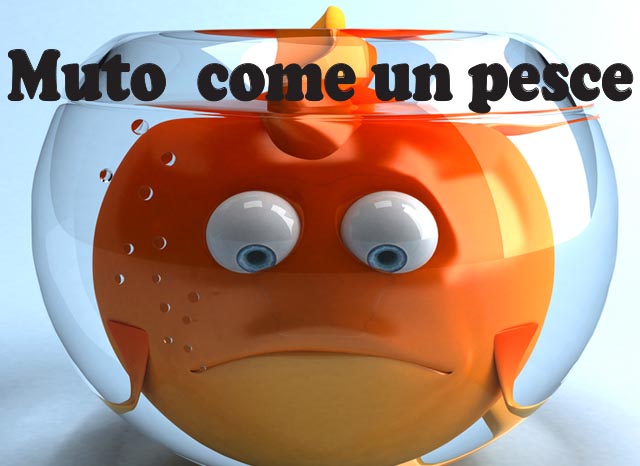
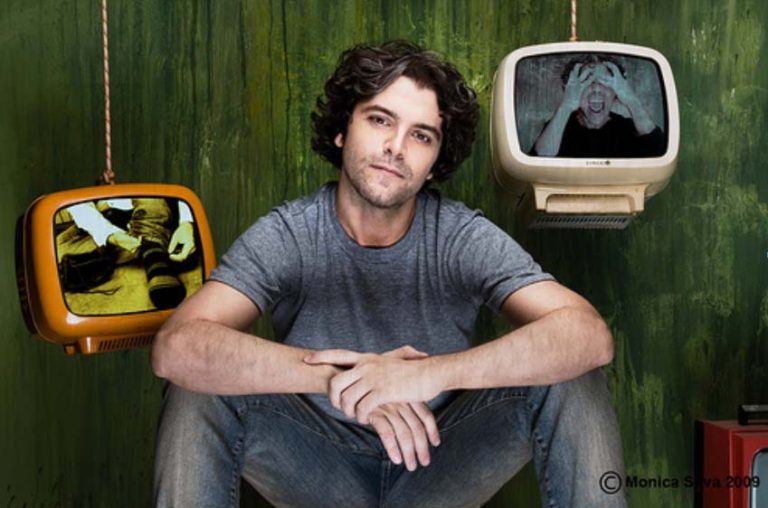

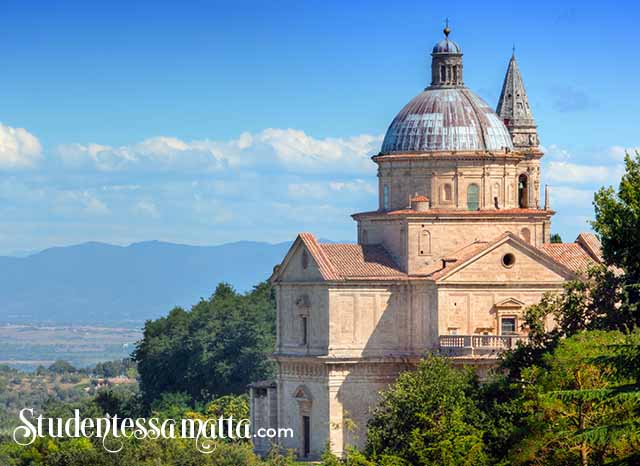

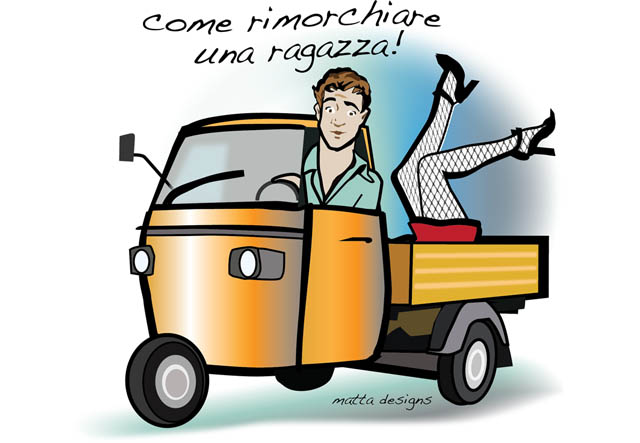






Not sure if exists in Italian. “ The devil made me do it.’ So it is not really my fault. I just couldn’t help myself resist.
Grazie mille.
Rita
Ciao Rita, Io direi :“Me l’ha fatto fare il diavolo!”
Ho fatto una piccola ricerca ma l’unica cosa che ho trovato per quest’espressione è un titolo del film di Horror!
La lingua è fluida… a volte possiamo inventare nuovi modi di dire!! Che male c’è!?!??!